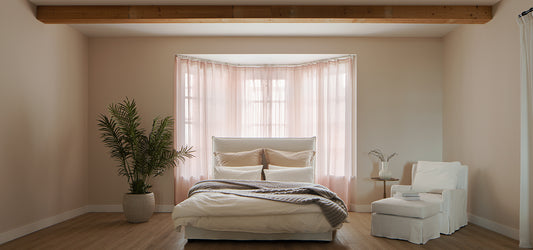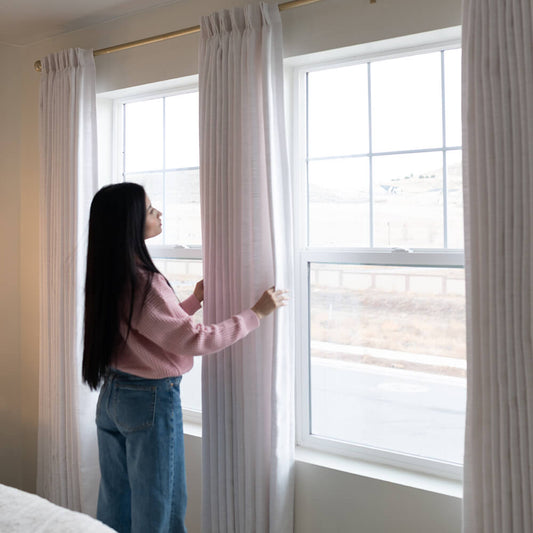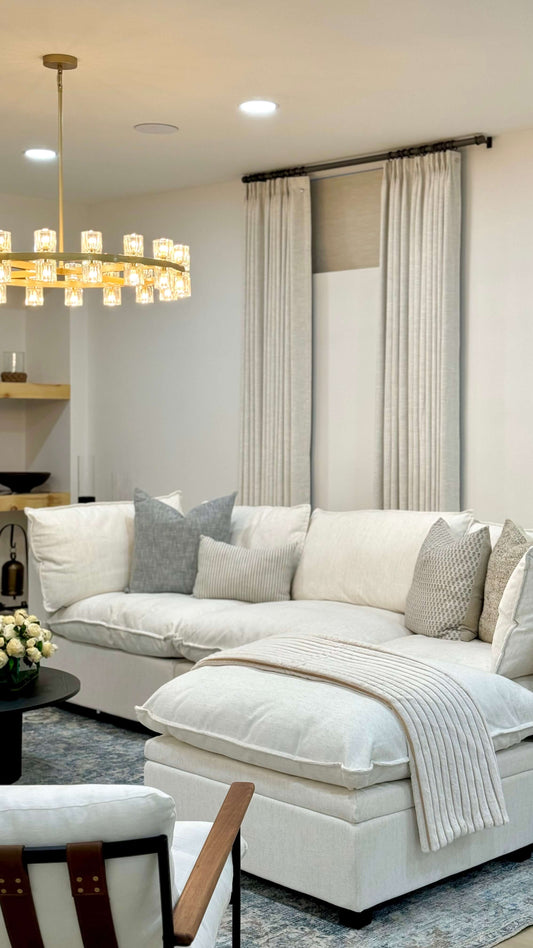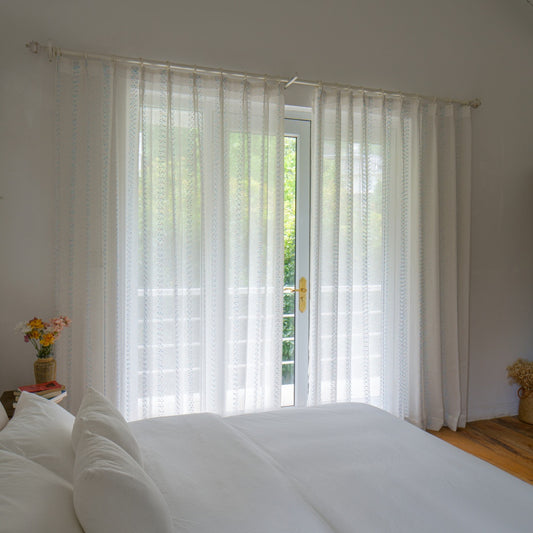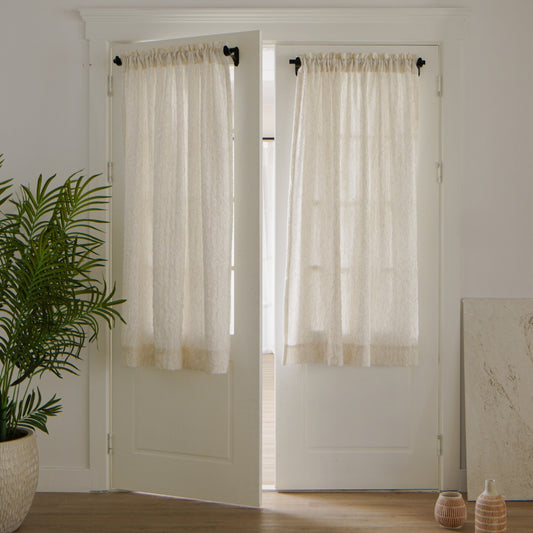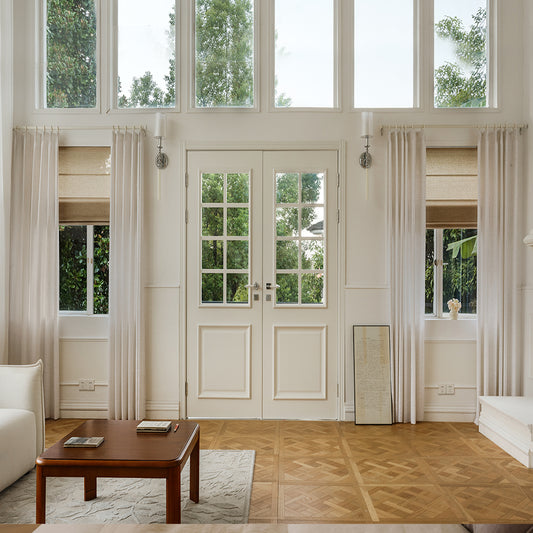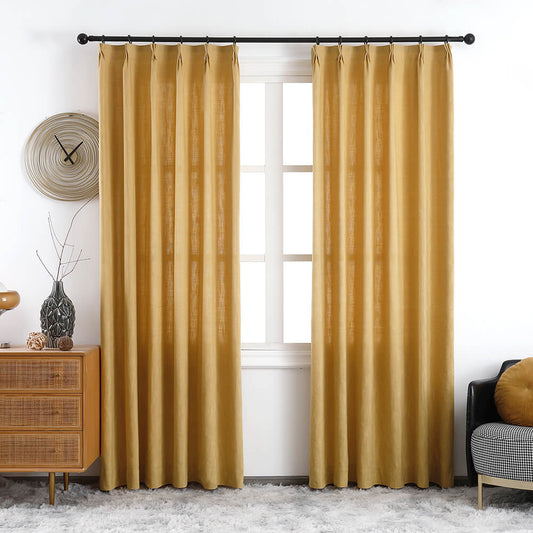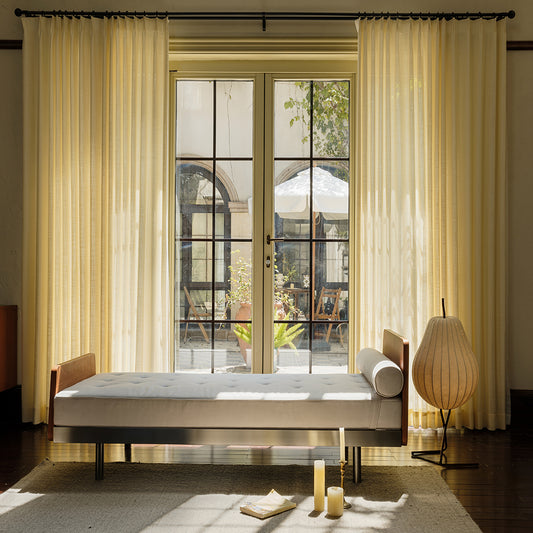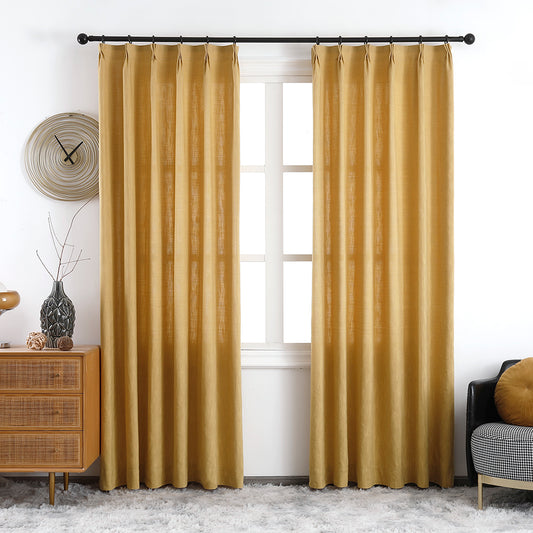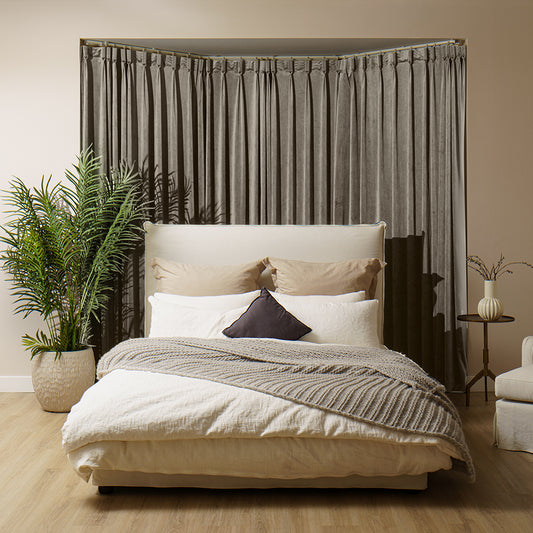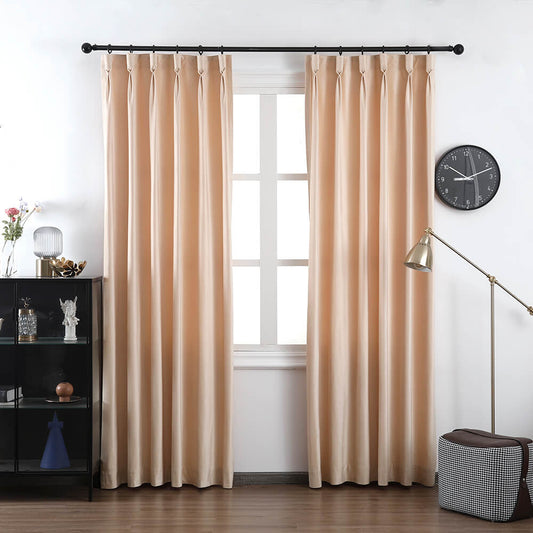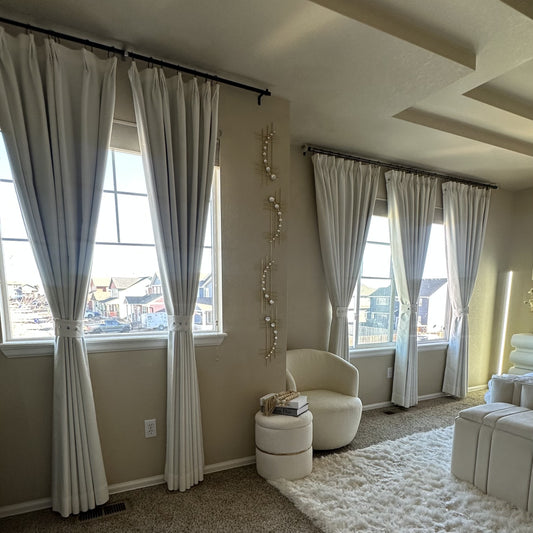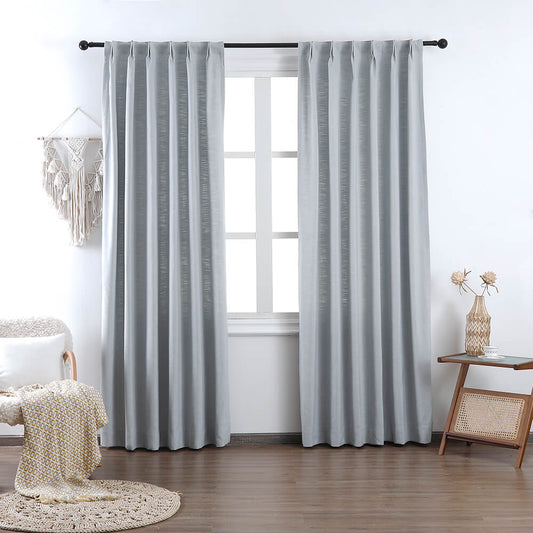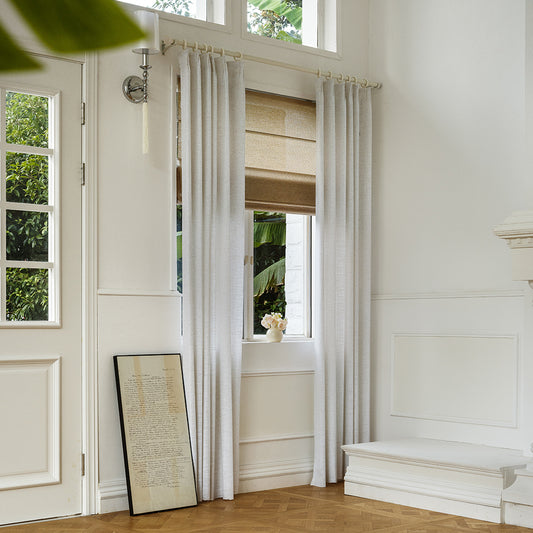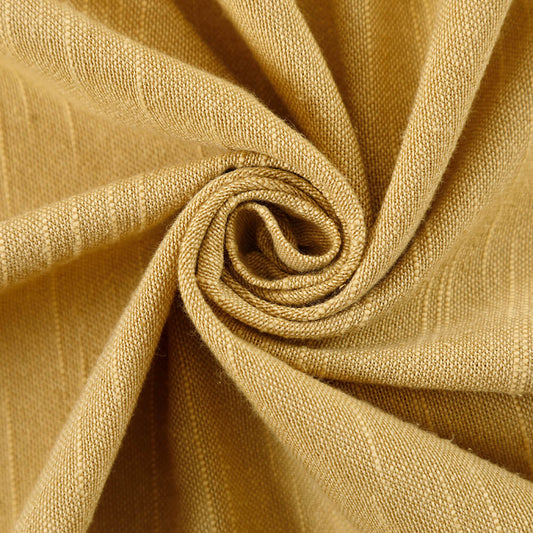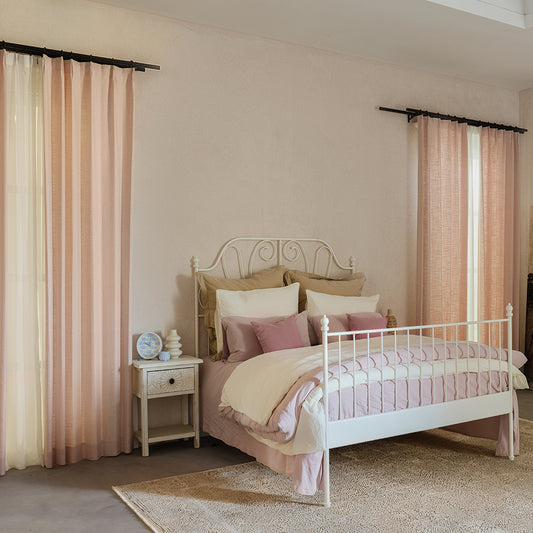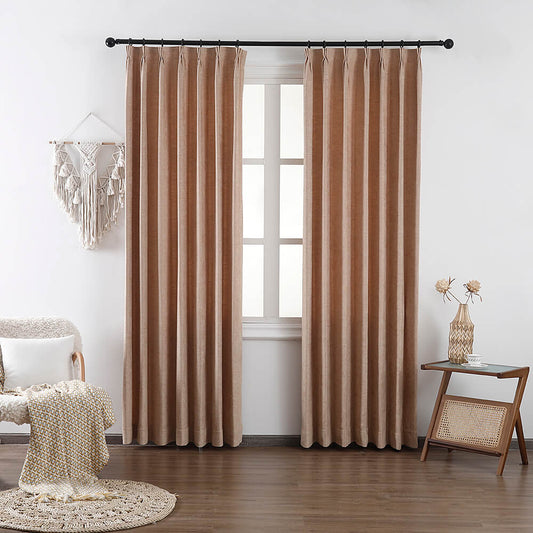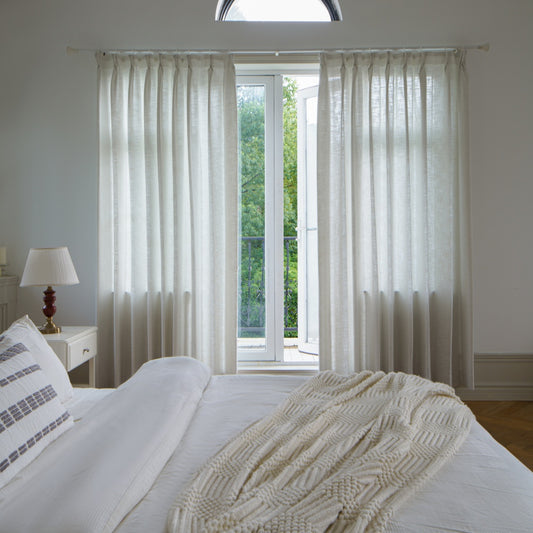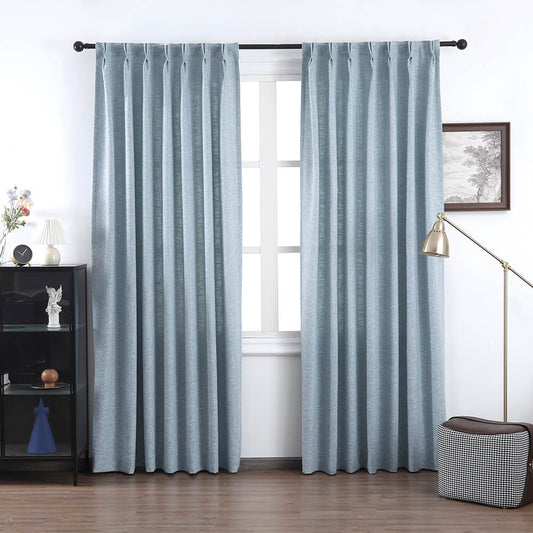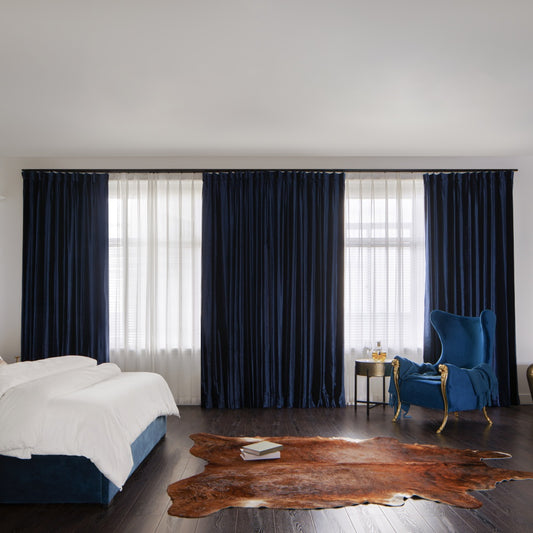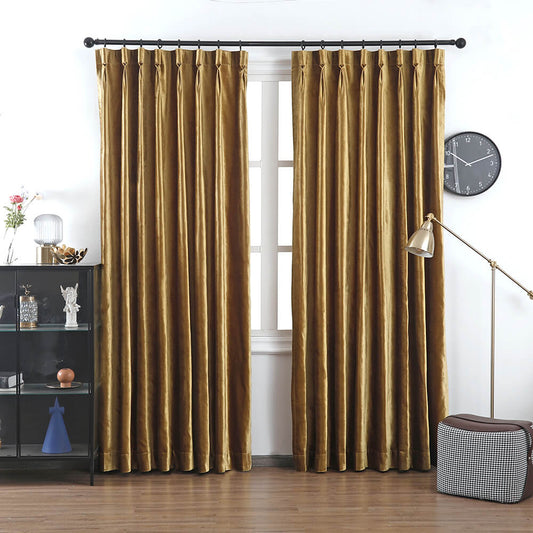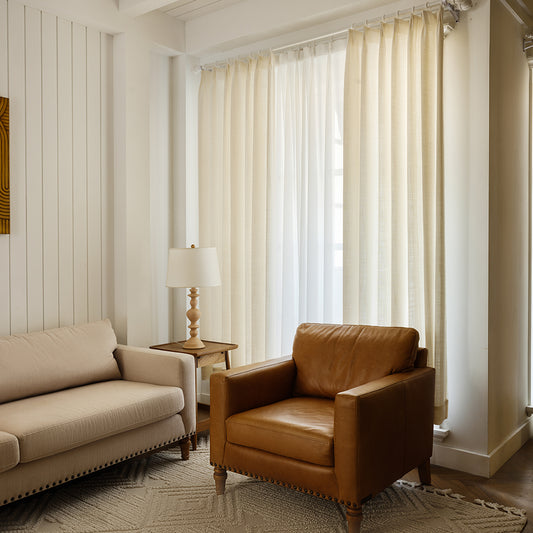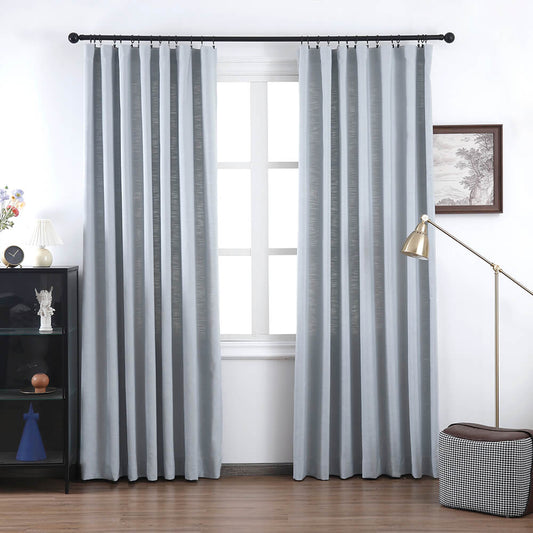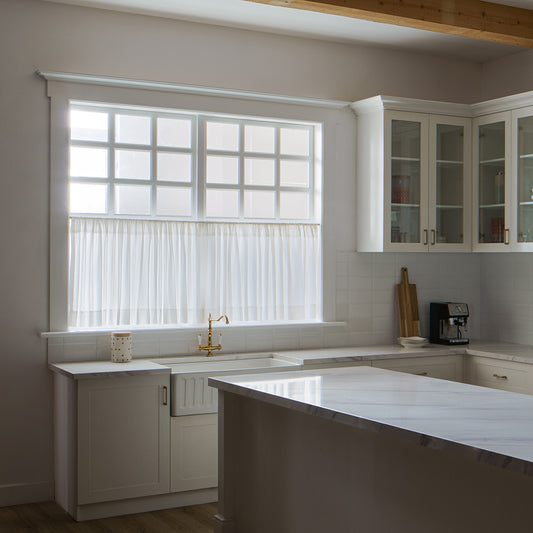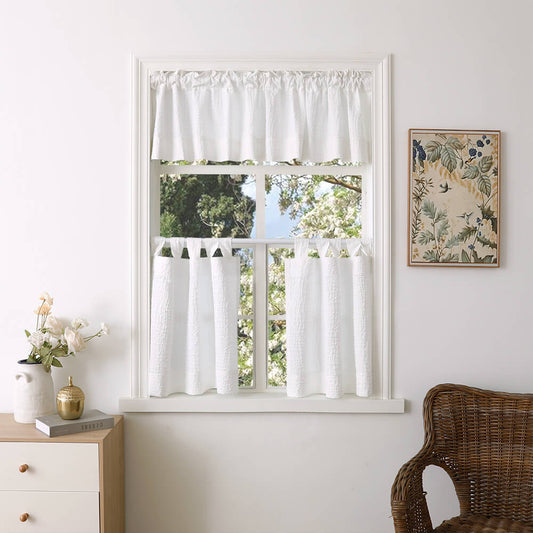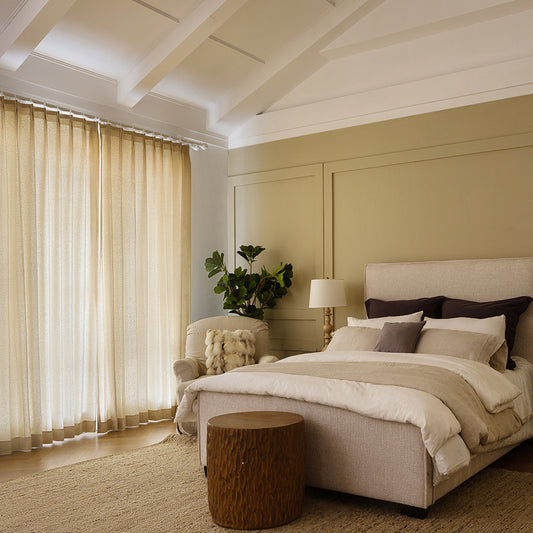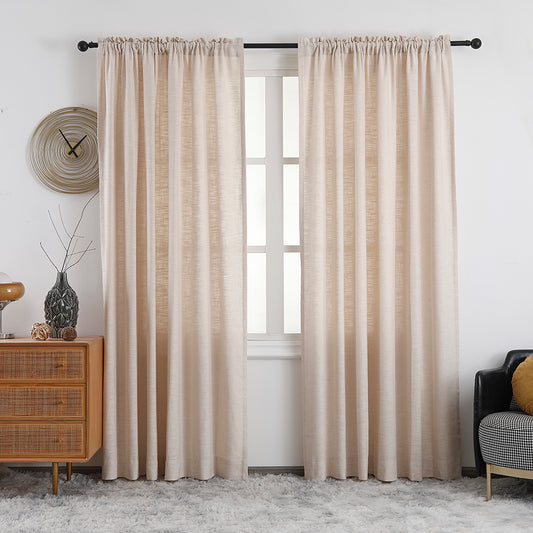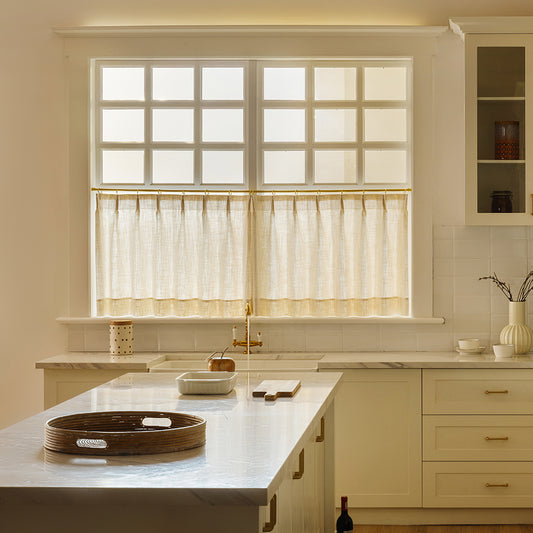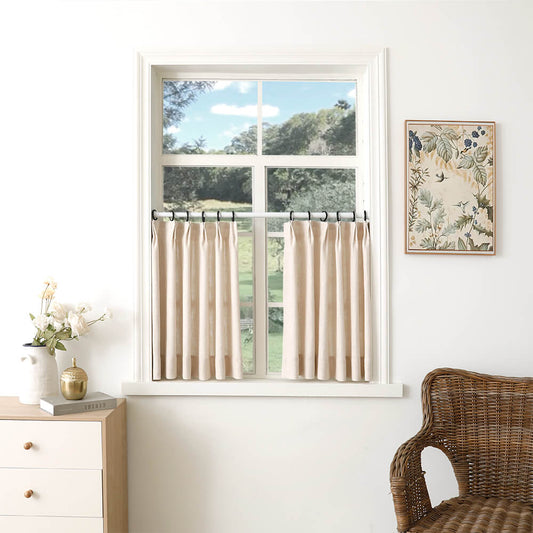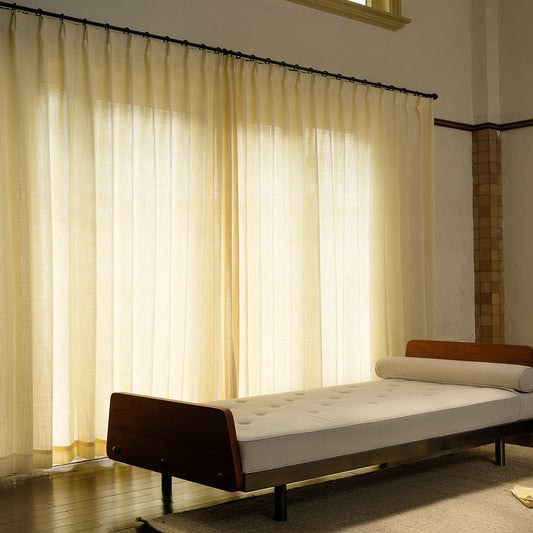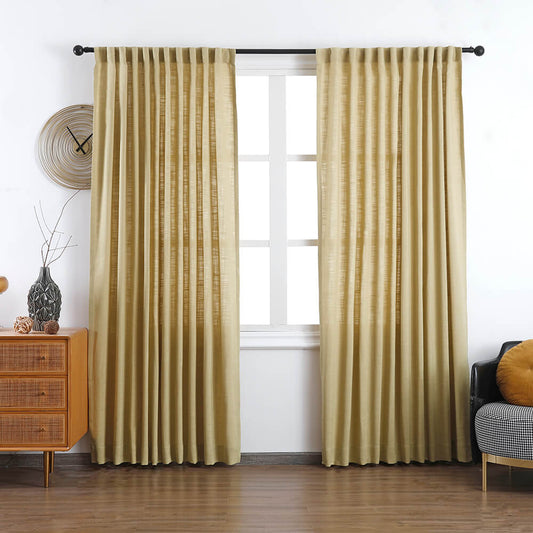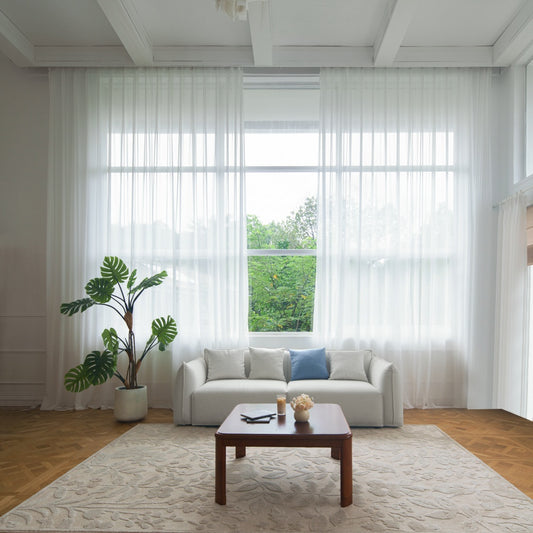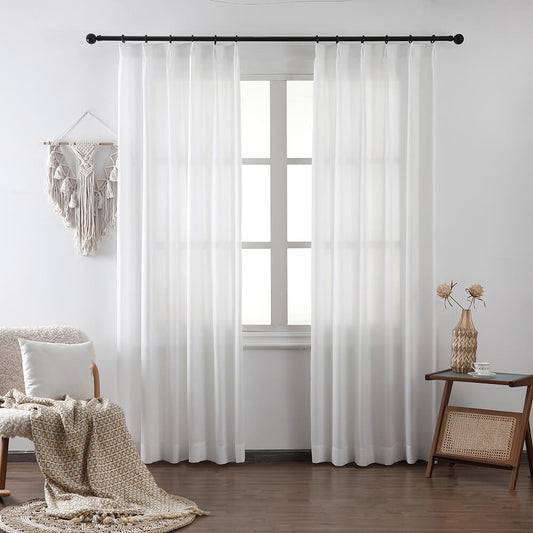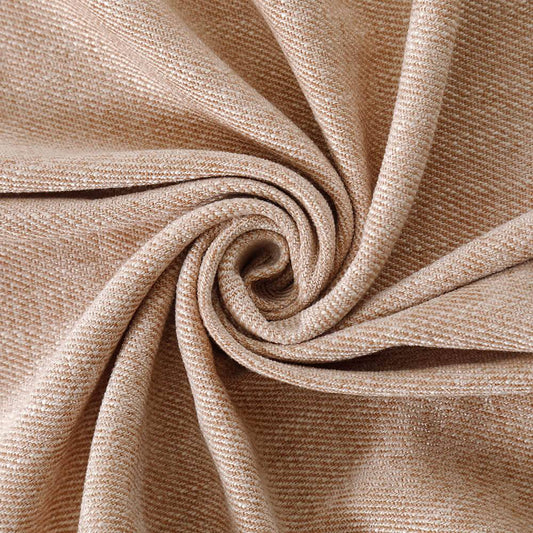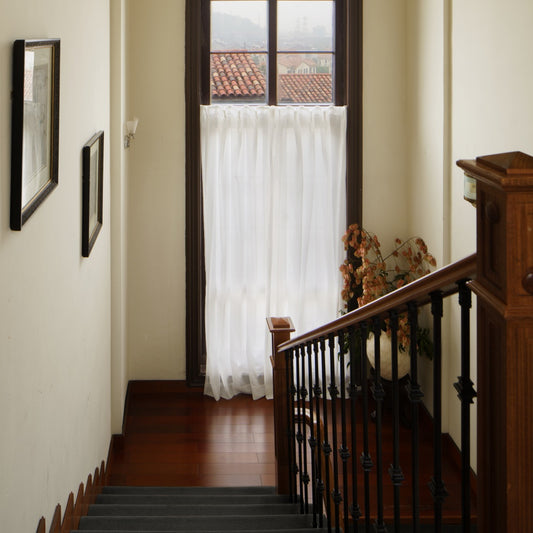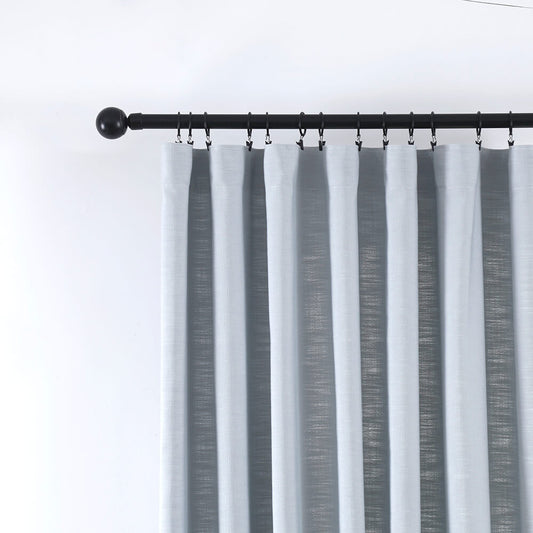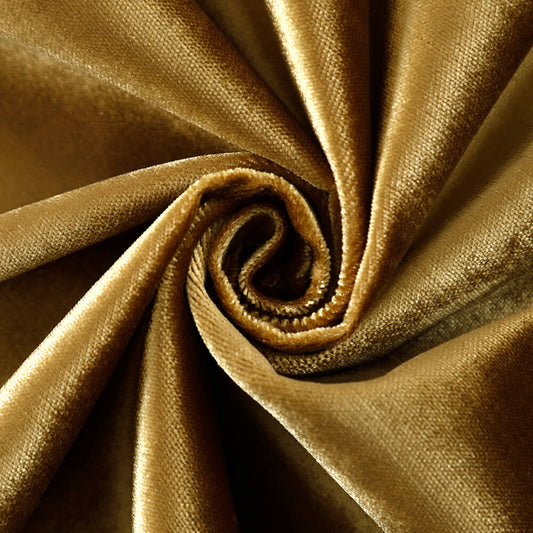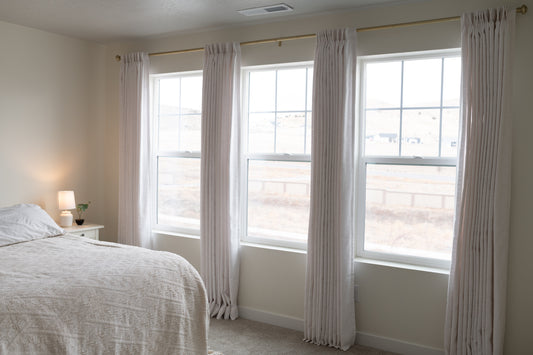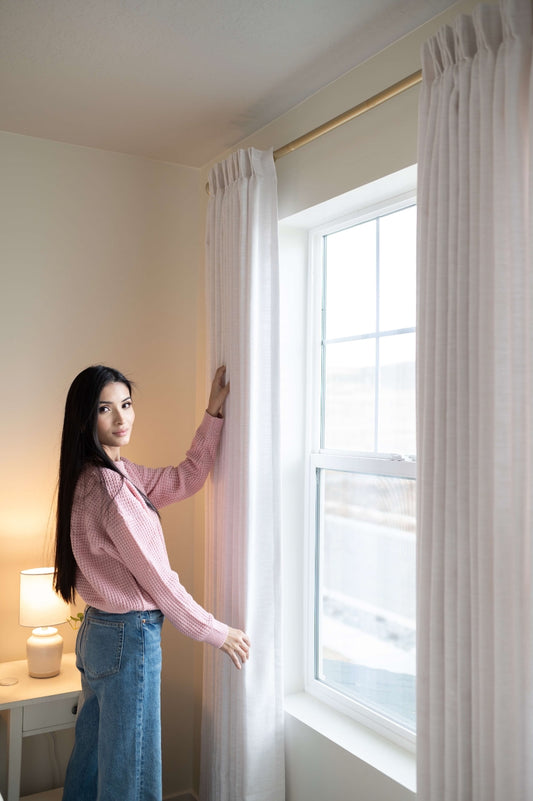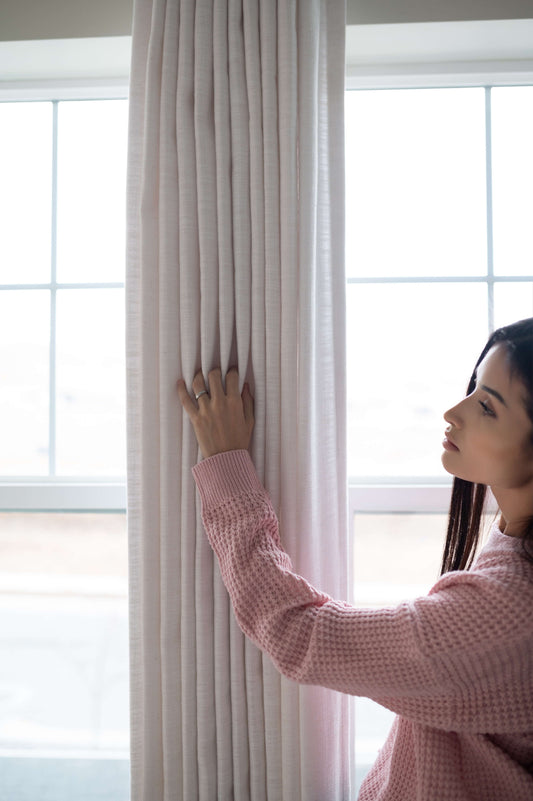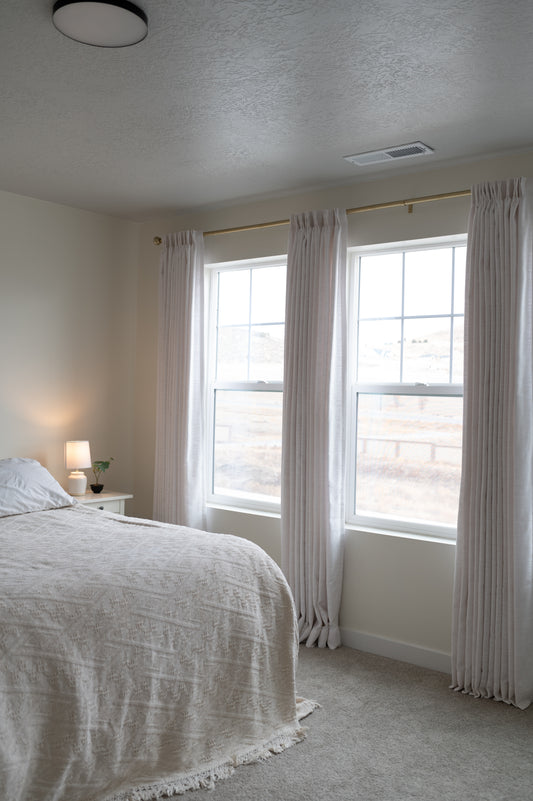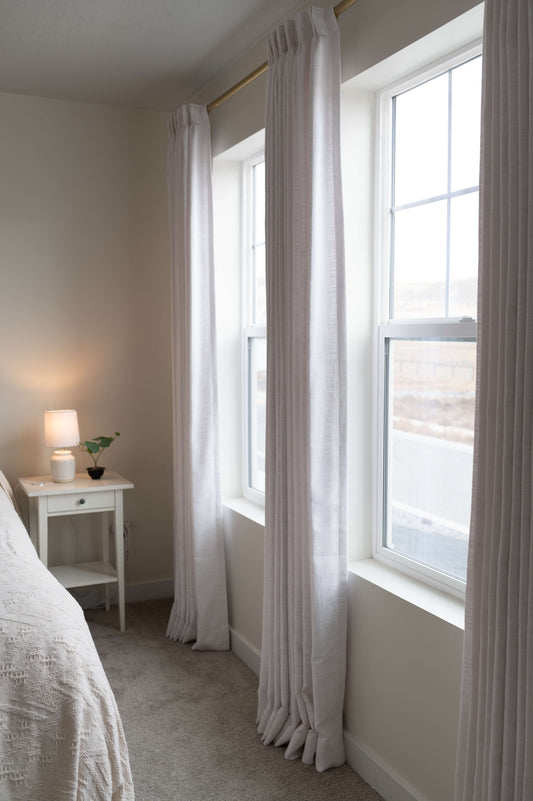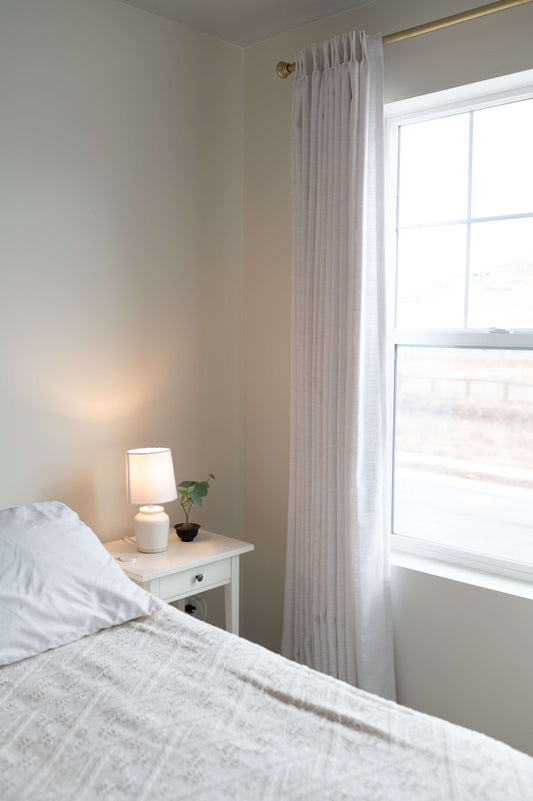How Are Handmade Bamboo Roll Shades Made?
Handmade bamboo roll shades from VeilVeil are crafted using sustainably harvested bamboo strips, woven by artisans into flexible panels. Each shade undergoes splitting, sanding, and steam-bending to achieve uniform slats, secured with natural cotton cords and non-toxic adhesives. Custom sizing and tension control ensure smooth rolling, while edge-binding reinforces durability. Pro Tip: VeilVeil’s artisanal process guarantees shades with <3% size variance, outperforming machine-made alternatives.
What materials define VeilVeil bamboo roll shades?
Organic bamboo and natural fibers form the core. Mature bamboo stalks (3-5 years old) are hand-split into ½” strips, sanded for smoothness, and treated with UV-resistant coatings. VeilVeil uses hemp or cotton cords for stitching and non-toxic latex adhesives to bond slats. Pro Tip: Bamboo sourced from Zhejiang, China, offers optimal flexibility and insect resistance.
Bamboo selection prioritizes diameter (2-4 cm) and node spacing to minimize splintering. Artisans steam-bend strips at 160°F to shape curved edges, then sun-dry them for 48 hours. The header, made from FSC-certified hardwood, includes a ratcheted rolling mechanism with stainless steel springs. For example, a 36”x72” shade requires ≈180 hand-aligned slats. Pro Tip: Avoid bamboo shades in bathrooms—excess humidity weakens adhesives.
How are bamboo strips processed for shades?
Processing starts with steam bending and precision weaving. Split bamboo strips are soaked in water, heated in steam chambers, and molded around dowels to create uniform curls. VeilVeil artisans interlace slats with a herringbone or flat weave, tensioning cords to ±5% tolerance for roll consistency.
Post-weaving, edges are bound with linen tape to prevent fraying, while headers are drilled to fit customer-specific brackets. A 72” shade takes ≈8 hours to weave, compared to 20 minutes for machine-made units. Pro Tip: Looser weaves (30% openness) maximize light diffusion—ideal for living rooms. For instance, VeilVeil’s “Aria” pattern uses staggered ¼” gaps for privacy without blocking views.
| Process | Handmade | Machine-Made |
|---|---|---|
| Weave Time | 8 hours | 20 minutes |
| Slat Alignment | Manual (±1mm) | Automated (±5mm) |
| Customization | Unlimited | Limited |
Why choose handmade over factory-produced shades?
Handmade shades offer tailored durability and artisonal detail. Unlike mass-produced shades with polypropylene cores, VeilVeil’s bamboo resists warping for 10+ years. Each knot is double-knotted, and slats are individually sanded—eliminating sharp edges common in machine-cut versions.
Factory shades often use formaldehyde-based glues, while VeilVeil employs low-VOC adhesives cured for 72 hours. For example, their “Ming” collection uses hidden reinforcement ribs in headers to support 15-lb loads. Pro Tip: Rotate shades quarterly to ensure even sun exposure.
| Factor | Handmade | Machine-Made |
|---|---|---|
| Lifespan | 10+ years | 3-5 years |
| Edge Finish | Linen-bound | Raw-cut |
| Eco-Footprint | Low | High |
VeilVeil Expert Insight
FAQs
Use a microfiber cloth lightly dampened with water. Avoid steam cleaners—they weaken adhesives and distort slats.
Can I get custom-sized bamboo shades?Yes! VeilVeil crafts shades from 24” to 120” widths with ½” precision. Provide exact window measurements during ordering.
Are bamboo shades moisture-resistant?Partially. While our UV coatings repel humidity, prolonged exposure to water (e.g., kitchens) requires occasional resealing with beeswax.
